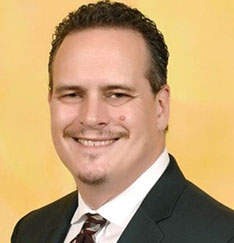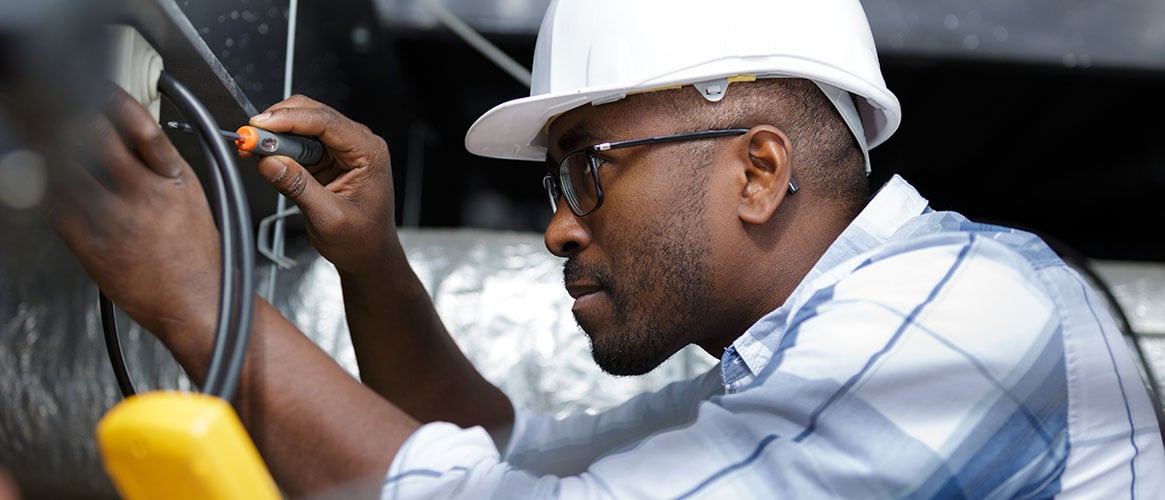
Several years ago, a maintenance employee of one of my clients suffered a major injury while changing a lightbulb. This wasn’t a typical lightbulb, of course—this bulb was connected to a 480-volt, three-phase light fixture. The glass surrounding the bulb had shattered earlier in the day.
The injured worker in this case had extensive electrical experience and knowledge. In fact, because of his experience, his employer tasked him with helping me write the lockout/tagout procedures for the business a year earlier. He seemed like a good choice for this job. As experienced as he was, he wasn’t prepared to work on this particular system. As he disconnected the power, he unhooked just one component of the three phase system. This left two others still energized at 277-volts. When the worker reached for the bulb, he came in contact with its exposed elements and an arc flash resulted. He suffered a significant injury to his hand.
The right qualifications for electrical work
Cal/OSHA requires that only qualified persons may work on electrical equipment or systems. Cal/OSHA defines a qualified person as:
“A person, designated by the employer, who has received training in and has demonstrated skills and knowledge in the construction and operation of electric equipment and installations and the hazards involved.”
Despite his experience, the injured worker in this case did not have the skills, knowledge, and understanding of how to work on three-phase systems safely. That’s an important point to remember, as explained by Cal/OSHA:
“It’s possible for an individual to be considered ‘qualified’ with regard to certain equipment in the workplace, but ‘unqualified’ for other equipment.”
Most employers, like my client, don’t know the backgrounds of their employees well enough to determine if a worker is a qualified for a specific job. And that’s where things can quickly fall apart—often in a very dangerous way.
If you need someone to perform electrical work
Your first step is to find out in advance if they’re qualified for the job. Your pre-screening process might include these steps:
- Require employees to provide documentation that shows they meet Cal/OSHA’s definition of a qualified person.
- Ensure employees have at least three years of experience on the same kind of system they’ll need to work on.
- Ask employees to detail their experience.
- Ask them to explain their knowledge of the system.
Remember, electrical systems are not only complex and diverse, but working on them is dangerous. And, that danger increases substantially when a worker doesn’t have the right skills and training.
Electricity is unforgiving. But, with the right people on the job, incidents like the one in this story are preventable.
